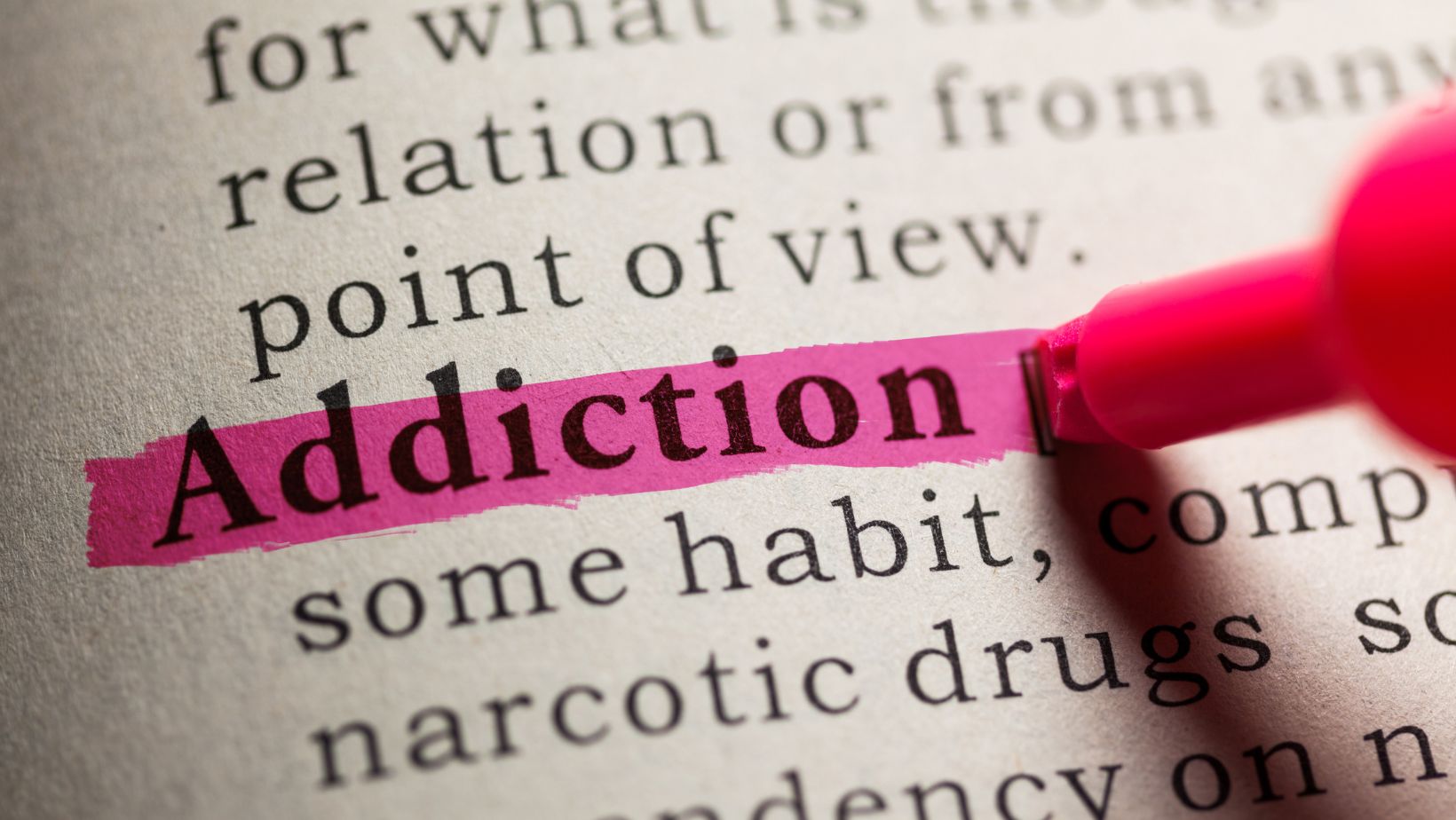When it comes to health, most people think of physical fitness, but mental and emotional well-being deserve a spot on the podium too. Imagine mental health as the sturdy foundation of a house while emotional health is the beautifully decorated living room. They’re different but work together to create a harmonious life.
Understanding the difference between these two concepts can be as tricky as finding a matching sock in the laundry. Mental health involves cognitive functions and how one processes information, while emotional health relates to how feelings are managed. It’s like trying to explain the difference between a cat and a dog—both are pets but have their unique quirks.
Table of Contents
ToggleUnderstanding Mental Health
Mental health encompasses cognitive functions and how individuals process information. It involves the ability to think clearly, make decisions, and manage stress.
Definition of Mental Health
Mental health refers to a person’s emotional, psychological, and social well-being. It’s essential for functioning at full potential in daily life. Factors such as genetics, environment, and life experiences influence mental health. Recognizing mental health issues helps in seeking appropriate support and resources. Awareness of symptoms like anxiety, depression, and mood swings promotes better understanding and care.
Common Mental Health Disorders
Several mental health disorders affect individuals globally. Depression and anxiety rank among the most prevalent conditions. Bipolar disorder and schizophrenia also present significant challenges. Eating disorders and obsessive-compulsive disorder (OCD) impact daily living for many. Statistics indicate that 1 in 5 adults experiences mental illness each year. Early intervention and treatment options exist, promoting recovery and improved quality of life.
Understanding Emotional Health

Emotional health plays a critical role in overall well-being. It encompasses how individuals manage their feelings and cope with challenges in life.
Definition of Emotional Health
Emotional health refers to the ability to recognize, understand, and manage one’s emotions effectively. This aspect of health influences how individuals relate to others and navigate daily stressors. Healthy emotional functioning reflects resilience, self-awareness, and the capacity to maintain fulfilling relationships. Factors like past experiences, coping strategies, and support systems contribute significantly to emotional health.
Importance of Emotional Well-Being
Emotional well-being significantly impacts overall quality of life. It fosters healthier relationships, enhances communication skills, and promotes effective coping mechanisms. Individuals with strong emotional health tend to experience lower levels of stress and anxiety. This leads to improved productivity and resilience in challenging situations. Prioritizing emotional health contributes to better physical health, as stress and negative emotions often manifest as physical ailments. Acknowledging and nurturing emotional well-being enhances personal satisfaction and supports the pursuit of goals.
Key Differences Between Mental and Emotional Health
Understanding the distinctions between mental and emotional health is essential for a holistic approach to well-being. Each aspect addresses different areas of health.
Focus and Scope
Mental health encompasses cognitive functions like thinking, reasoning, and decision-making. Emotional health emphasizes managing feelings and expressions effectively. Mental health reflects on how individuals perceive and interact with their environment, while emotional health illustrates their capacity to relate to others and cope with life stresses. Genetic predispositions and environmental factors heavily influence mental health. In contrast, emotional health often stems from personal experiences and social interactions, highlighting its relational nature.
Symptoms and Indicators
Common symptoms of mental health issues include persistent sadness, anxiety, or changes in sleep patterns. Indicators like difficulty concentrating or significant mood swings might signal underlying mental health challenges. Emotional health symptoms typically manifest as mood fluctuations, difficulty managing stress, or problems in personal relationships. Individuals may notice feelings of overwhelm or emotional numbness when emotional health is compromised. Recognizing these signs aids in distinguishing between the two areas of health, allowing for targeted intervention.
Treatment Approaches
Treatment for mental health often involves therapy or medication, focusing on cognitive restructuring and skill development. Strategies may include cognitive-behavioral therapy, group therapy, or medication management to alleviate symptoms. In contrast, emotional health treatment emphasizes emotional awareness and building coping skills. Approaches like mindfulness practices or expressive therapies foster resilience and self-regulation. Both treatment types can complement each other, aiding individuals in achieving overall well-being.
Overlapping Areas of Mental and Emotional Health
Mental and emotional health share interconnected aspects that contribute to overall well-being. While distinct, their relationship plays a crucial role in how individuals navigate life.
How They Influence Each Other
Mental health issues can exacerbate emotional difficulties, leading to an uncomfortable cycle. For instance, someone suffering from anxiety may experience heightened emotional responses, triggering stress. Conversely, poor emotional health can influence cognitive functions, making decision-making challenging. Feelings of sadness may cloud thoughts, impeding daily activities. Recognizing this interplay enables better management of both mental and emotional well-being, ultimately fostering resilience.
Importance of Integrated Care
Integrated care addresses both mental and emotional health, promoting a holistic approach to treatment. Programs that include therapy and emotional support enhance recovery rates for individuals. By combining various treatment modalities, practitioners can tackle underlying issues effectively. Improved communication between healthcare professionals also streamlines support. Both mental health challenges and emotional struggles respond positively to cohesive treatment plans. This comprehensive model contributes to a healthier lifestyle and strengthens coping mechanisms, reinforcing the connection between mental and emotional well-being.
Understanding the difference between mental and emotional health is crucial for achieving overall well-being. While mental health focuses on cognitive processes and functioning, emotional health emphasizes the management of feelings and relationships. They are intertwined yet distinct, and recognizing their unique characteristics can lead to more effective strategies for improvement.
Prioritizing both aspects fosters resilience and enhances quality of life. Individuals can benefit from integrated care approaches that address mental and emotional health simultaneously. This holistic perspective not only promotes recovery but also encourages healthier coping mechanisms and stronger support systems. By valuing both mental and emotional well-being, individuals can navigate life’s challenges with greater confidence and clarity.




